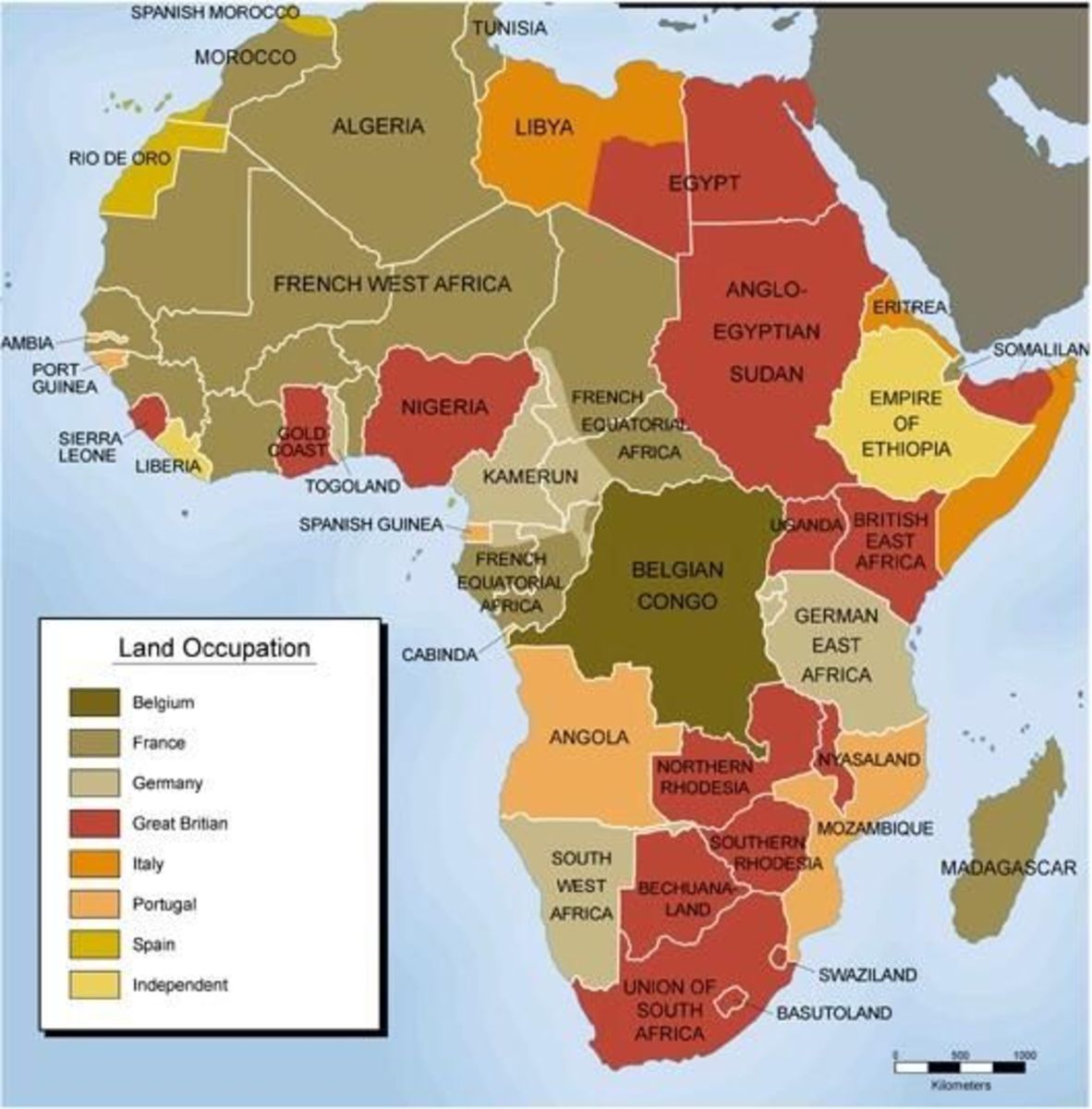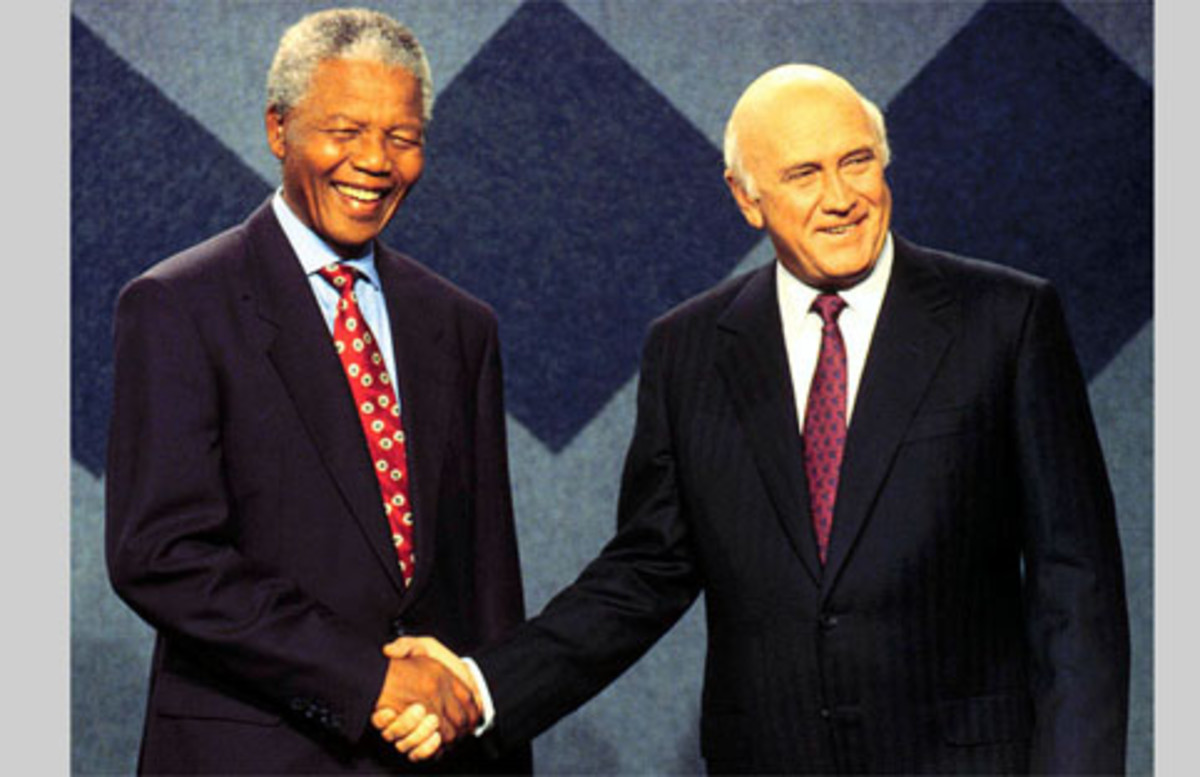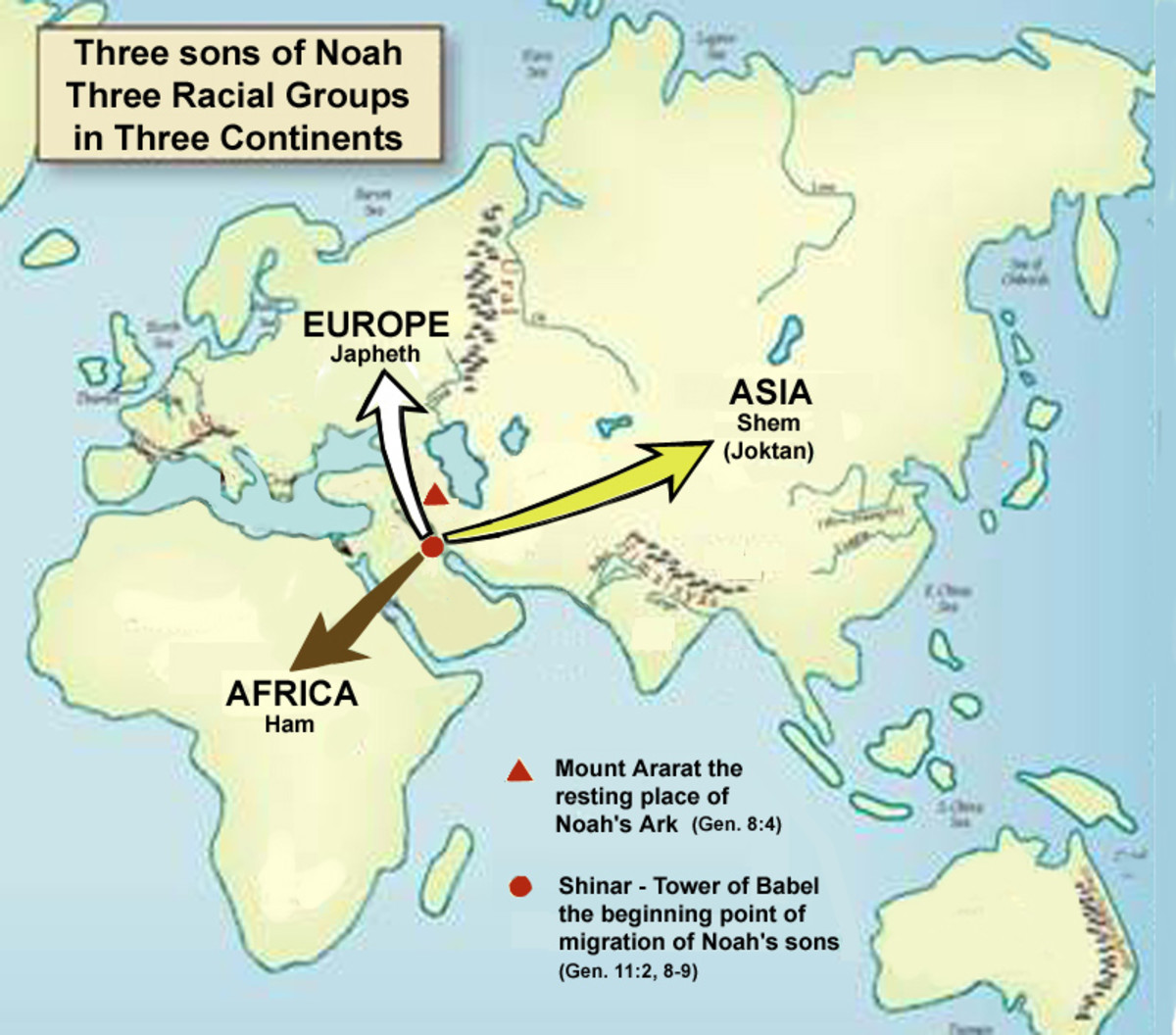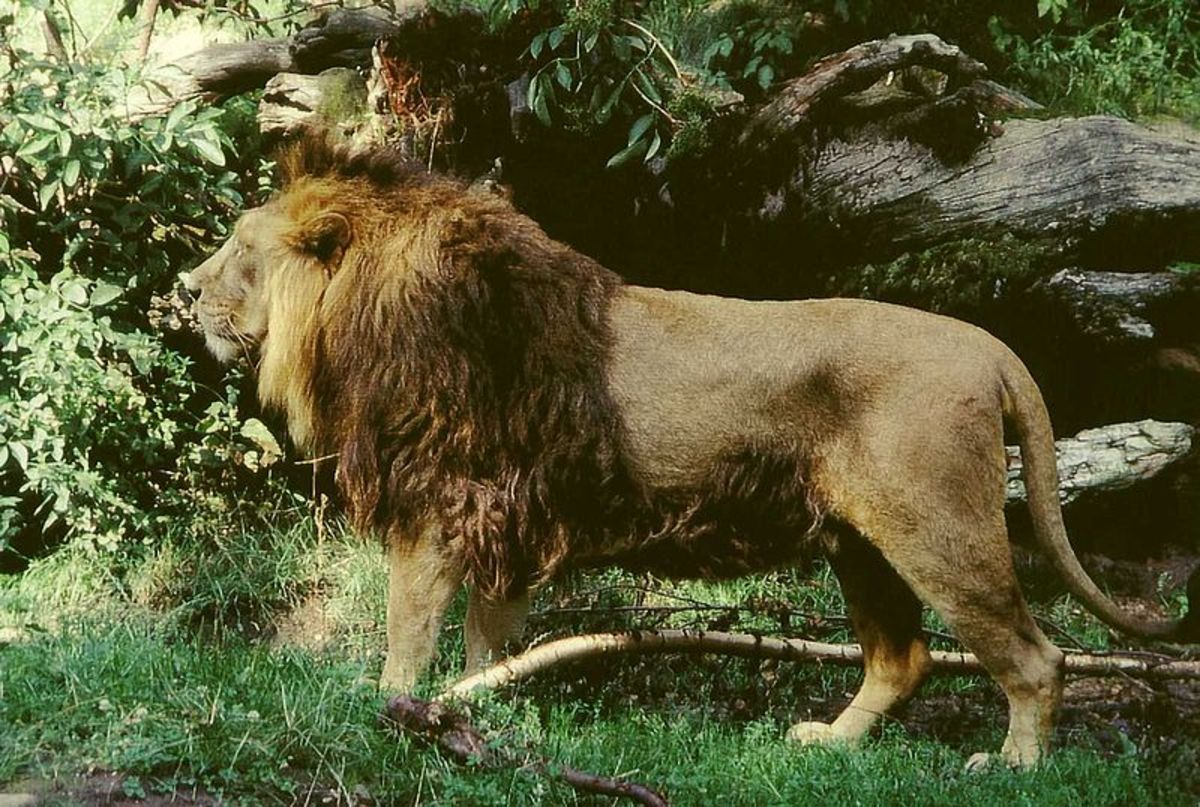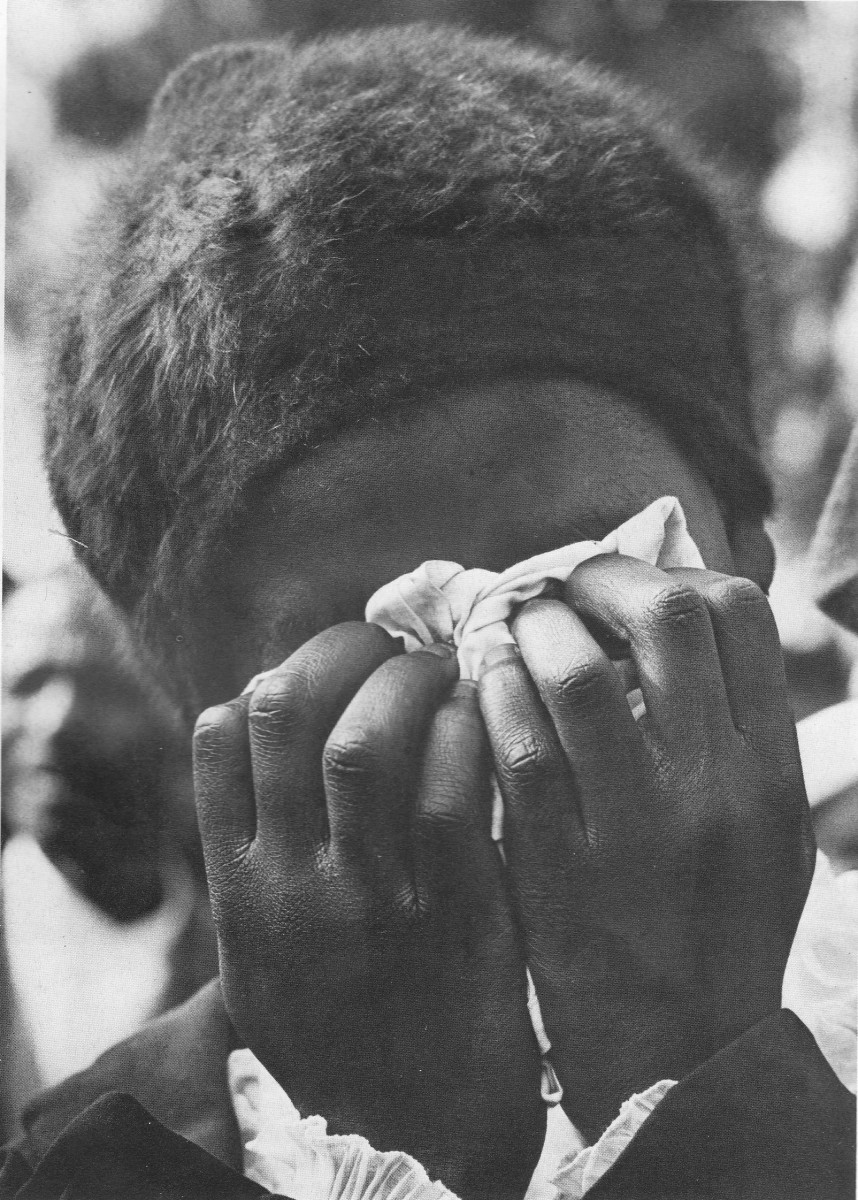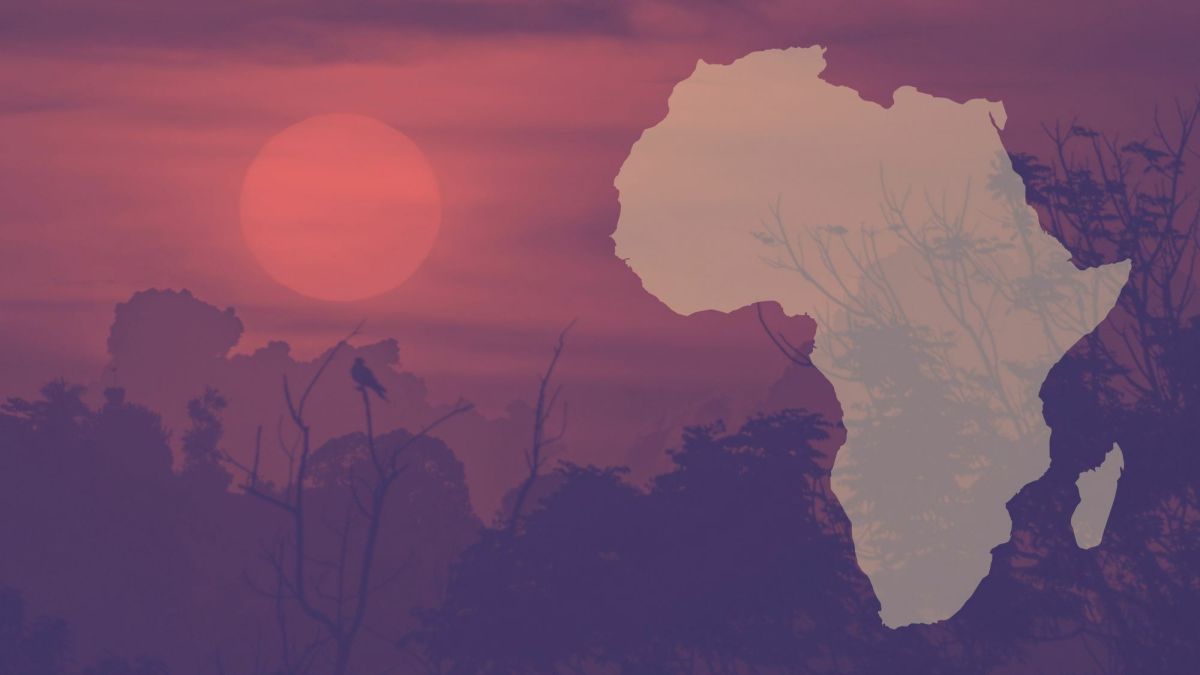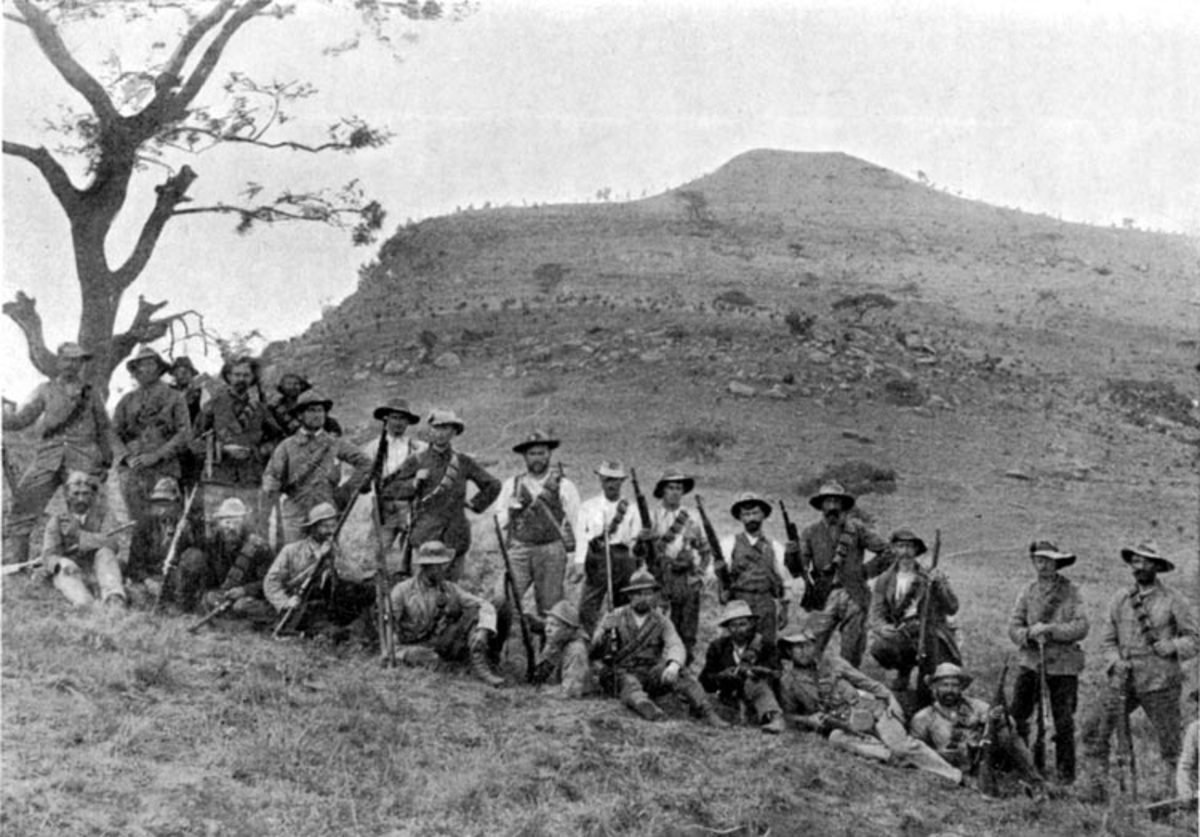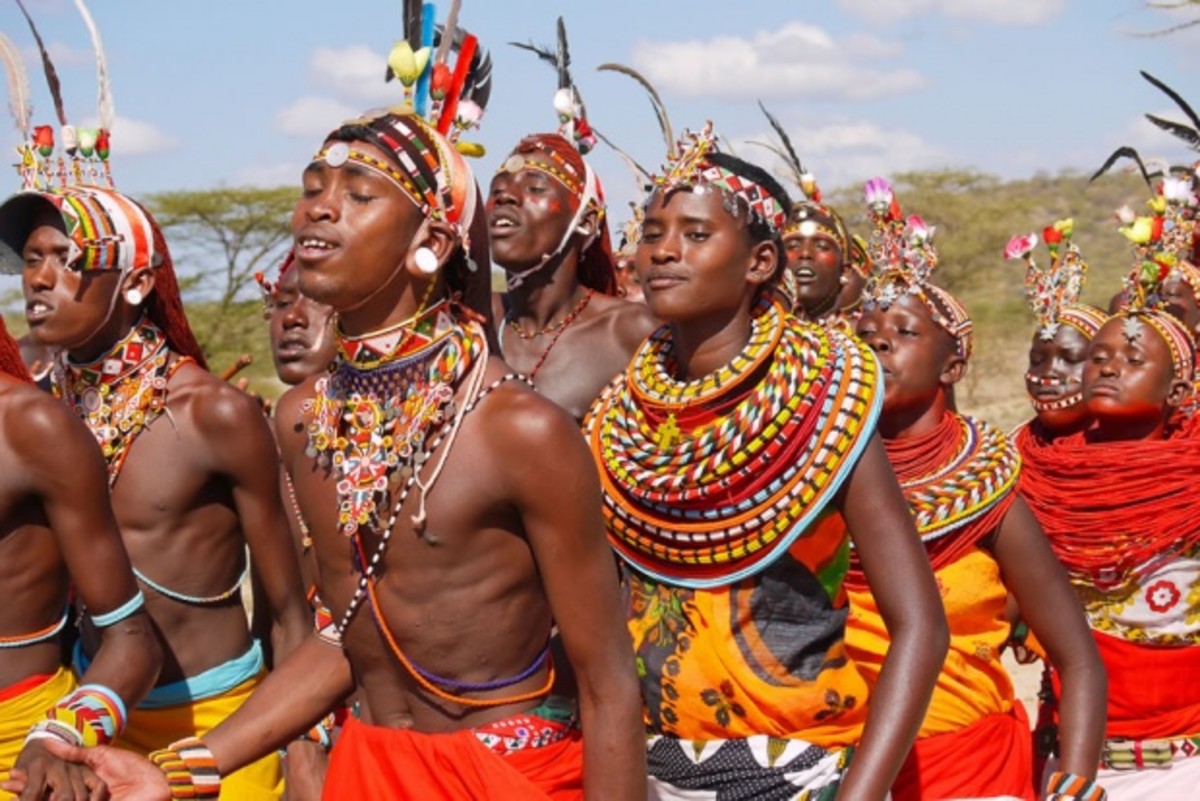Spotlight on Africa and Its Debt Crisis
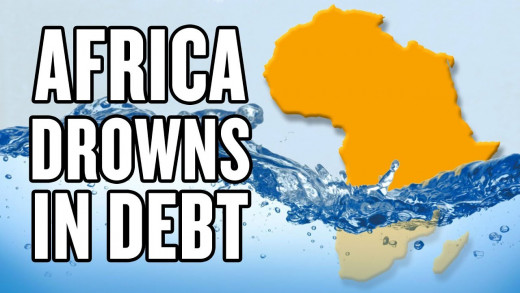
Introduction
Introduction
Africa for centuries was referred to as the "Dark Continent". This was a word coined by the imperialistic European powers to describe Africa, There is no doubt many parts of Africa were steeped in tribal culture and tribes indulged in internecine warfare. Modern civilization had not reached Africa and in the hinterland head hunters were also part of the scenario.
Thus it was ripe for colonialism and exploitation. The European powers notably France and the UK took advantage of the situation and occupied vast tracts of Africa. The question is as to why the western powers nobly France and England colonized Aland steeped in obscurantism and poverty. They colonized this area not to uplift the locals but basically to build an empire and at the same time exploit the vast mineral resources of the continent.
They were successful and as White colonizers flood to Africa they began to build roads and rail. The African nation benefited from this modicum of development but overall they failed to resize that they were being exploited and for almost 200 years the colonial powers ruled large areas of Africa and benefitted by transporting rare miners like gold and diamonds to the home countries.
Obviously this could not continue forever and after the end of WW II and the pyrrhic victory of the British over Hitler, the age of colonialism vanished almost overnight and the western powers beat a hasty retreat giving self-governance to the African countries. However, as a parting kick, they divided the African empire into countries as they deemed fit.
Legacy of debt
As the European powers left they left behind a legacy off debt. This is not difficult to understand. Billions of dollars of raw materials were transported to the mother country and unlike in India they by a deliberate act did not bring up the local population to any level of self-government,. This was to have a deleterious effect as witnessed in the Congo where Belgium withdrew abruptly plunging the country into war and bloodshed.
The cold war also played havoc during that period as the western powers foisted unpopular and despotic regimes on the people in the hope that they would fight communism. The bugbear of Communism made the Western powers feel that their way of life was under threat. Their act of supporting despotic regimes like Mobutu and the Apartheid regime in South Africa resulted in the debt burden increasing in Africa. Presently Africa has over $1200 billion in debt. Sadly whatever money the western powers gave went into the pockets of the dictators. the debt remained and has to be serviced by the people and successor regimes.
This external debt that had to be paid resulted in spending on health care, education and other important needs being curtailed. World Bank figures show that most of African people live on less than $2 per day. Contrast this with the fact that African countries are forced to spend almost $14 billion each year servicing debts undertaken./ These are mainly from the rich country governments and institutions, like the World Bank and the International Monetary Fund (IMF). African countries have paid out more in debt service to foreign creditors than they have received in development assistance or in new loans.
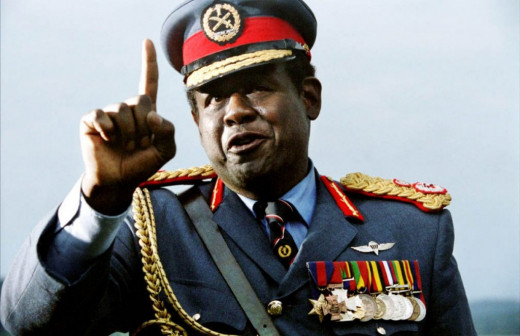
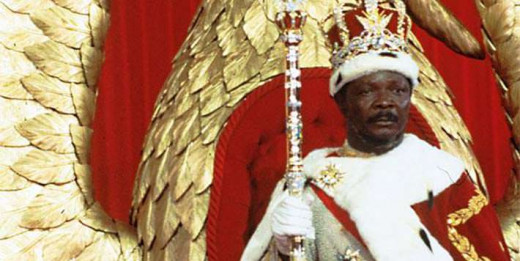
Legacy of Debt
Illegitimate debt
Much of Africa's foreign debt is illegitimate in nature. What is illegitimate debt? Another name for it is "odious debt.”, It usually means that the debt is incurred by unrepresentative and despotic regimes without the concurrence of the people.
This was at its peak during the Cold War years. The loan giving nation was aware of what is happening but the political climate was such that loans were given to dictators and despotic regimes in the hope they will be in the basket against communism.
These loans did not benefit Africa's people. Yet, despite the social and economic costs of this massive outflow of resources from the world's poorest region, the wealthy creditors of Africa's debts continue to insist these debts be repaid.
Relief not enough
The Heavily Indebted Poor Countries (HIPC) Initiative, a debt relief framework was launched by the World Bank and IMF in 1996. This failed to provide a solution to the debt crisis. The aim of this initiative was to help the poor African nations to reduce their debt to a “sustainable” level. But results are not at all encouraging.
In July 2005, following years of civil society campaigns in Africa, the U.S. and rich countries Notably the G-8 announced a deal on debt cancellation for 18 impoverished countries, 14 of which are in Africa. This is a laudable initiative and was approved by the World Bank and IMF. But the debt is so vast and the resources dos limited the laudable objective is not achieved.
African governments must still spend billions of dollars each year repaying old debts. There is no escape from it.
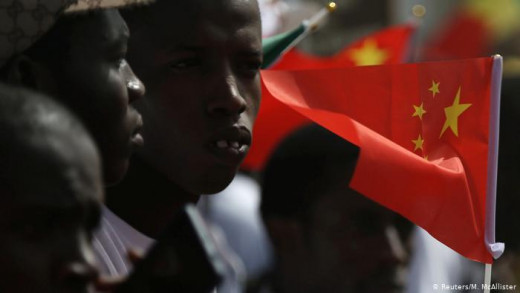
The Future
Role of the USA
The U.S. is the single largest shareholder in the World Bank and IMF. These institutions are the biggest creditors in Africa. By corollary, the USA has the biggest clout in these institutions. Sadly the USA has not allowed the WB and IMF to write off all the loans and this has led to some disquiet in Africa.
Africa Action condemns the repeated failure of the U.S. and other wealthy creditors to take sufficient decisive action on the debt crisis.
China Factor
The development of the 21st century is the role of China. Chinese debt traps are ensnaring African nations. In some cases, there may be no way out. China has a single-minded aim to dominate the world and with deep pockets ( though the Chinese people suffer) it is financing African projects with soft loans but the result is a stranglehold on the nerve of Africa,
Dark Future
Most of the very poor countries in sub-Saharan Africa owe money to rich country governments and to international organizations - the main ones being the World Bank, the IMF, and the African Development Bank. The only exception is Nigeria which has sufficient resources in the form of oil.
About 80% of the debt is applicable to rich country governments, but African countries also owe money to private-sector lenders. Between 2006 and 2017, private sector external loans tripled from$35 billion to $110 billion. The writing is on the wall. With the advent of China, the western powers have to do more. Why? They colonized Africa for over 200 years and used its rich resources. This is the minimum they should do to put Africa back on rails. Even then its Herculean task.

